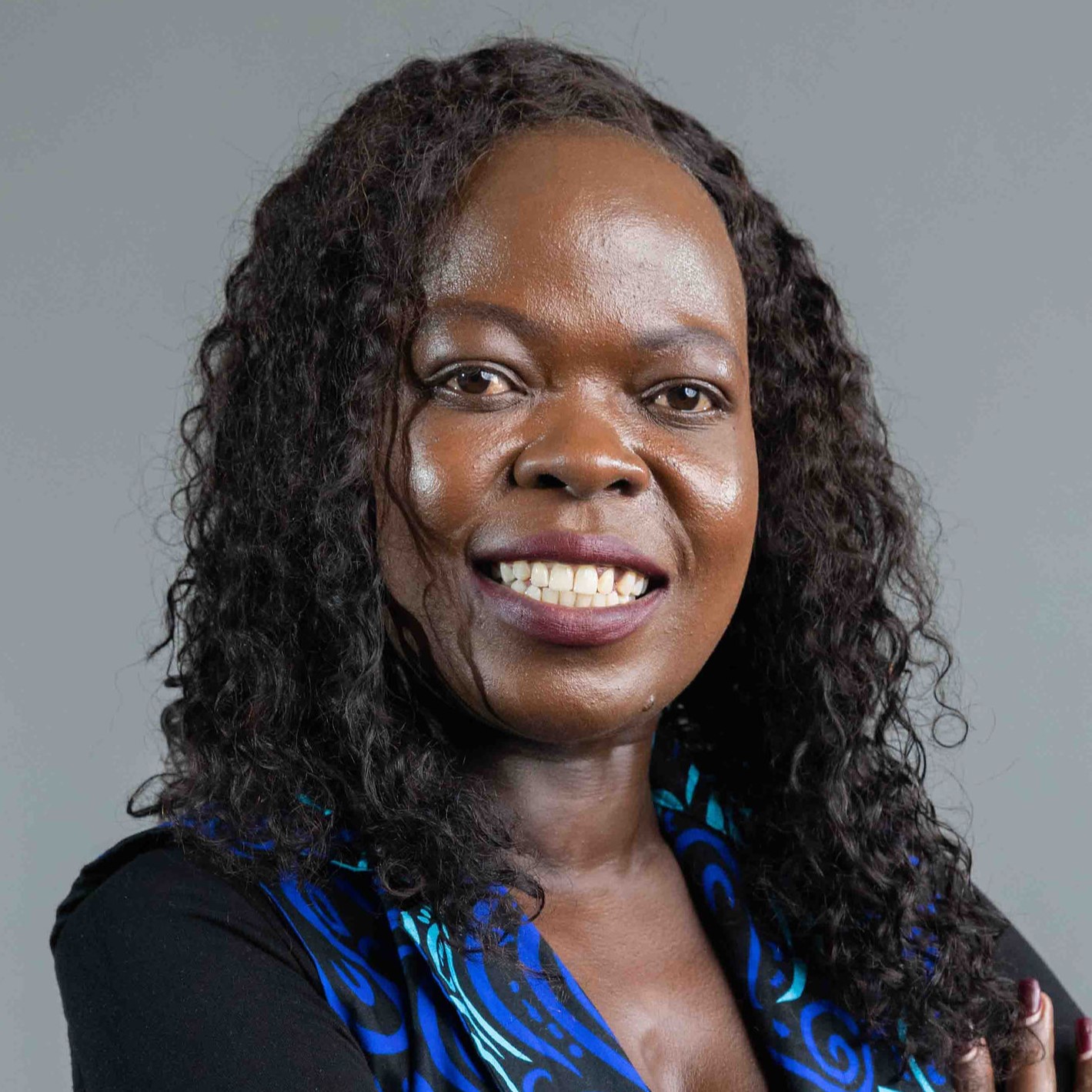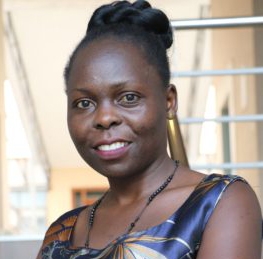CONTRIBUTORS

Charity Waweru-Mwangi
Communications Officer

Linda Oloo
Research Officer

MARGARET NAMPIJJA
Research Scientist

Patricia Kitsao-Wekulo
Head of Early Childhood Development (ECD)

Silas Onyango
Post-Doctoral Research Scientist
Guidance for setting up childcare facilities that are appropriate for nomadic pastoralist communities are not clear in Kajiado County. During an earlier project, stakeholders in the County expressed the need and eagerness to learn from other counties so that they could develop childcare approaches that suit their context. The Kenyan Constitution (2010) devolved the function of Early Childhood Development (ECD) to the 47 counties. Yet, several years down the road, many counties are yet to develop childcare Acts/policies and regulations to guide childcare provision. Consequently, as the demand for childcare facilities increases, the issue of unregulated service provision is becoming apparent.
Building on an earlier work that was funded by the British Academy to investigate existing childcare practices among nomadic-pastoralist communities, the African Population and Health Research Center (APHRC) and Loughborough University worked with policymakers and implementers in Kajiado County to identify effective practices and co-create guidelines/recommendations that are appropriate for the context of nomadic pastoralist communities.
First, knowledge exchange visits between Kajiado and Nairobi County teams were organised, and through this the Kajiado team bench-marked on the progress Nairobi had achieved in terms of policies (the Child Care Facilities Act 2017) and practices (e.g. the community of practice childcare approach). Similarly, the Nairobi City team appreciated learning about the deep cultural infusion and kinship in childcare implemented in Kajiado, where grandmothers play a pivotal role in providing care for young children. They were impressed by the inter-generational transmission of knowledge and values through story-telling and feeding practices in the Maasai community which can be adapted to the urban context to enrich childcare. It was important for the knowledge exchange to be conducted in a county that had made progress in their childcare policy and therefore Nairobi City County fit this criterion because it has passed its Childcare Facilities Act (2017).
Next, a series of workshops were convened among officials from Health, Education and Social Services Departments as well as center providers, mothers and fathers from both counties as well as national government and other partners involved in ECD. Through these workshops, recommendations for best practices in child care for Kajiado County were jointly generated by the stakeholders. It was also an opportunity to review the developing Childcare Facilities Bill with county stakeholders and develop guidelines for provision of childcare in the county. These workshops also enabled stakeholders to identify the roles that each department plays and to provide recommendations that will ensure childcare provision is effectively managed by the county and delivered to the community.
Finally, we convened a workshop with officials from the two counties, national government and the Council of Governors (COG) to share key learnings from the project and recommend how these learnings can be used in other nomadic pastoralist counties. By this time, the Kajiado Childcare Facilities Bill had been enacted into a County Act; a key achievement that was a result of the engagement, cross learning and support from the partnership between the county, researchers at APHRC and Loughborough University, and other partners involved in childcare in the county with the support of the British Academy funding.
Key lessons learnt from this work:
- Co-creation of policy works best when stakeholders including researchers are involved in all the steps from conceptualization and throughout project implementation. Stakeholder engagement also fosters ownership, strong partnership and sustainability of innovations beyond the project period.
- A collective approach to improving childcare provision is necessary to boost the efforts of counties in developing and reviewing legislations such as those for childcare. Cross-county learning can really facilitate knowledge sharing and better practices.
- There is need to build capacity of counties in developing and reviewing critical legislations such as those for childcare which are key for provision of quality services for communities. Cross-county learning is particularly useful as it gives county stakeholders first-hand experience of what their counterparts have successfully done and enables them to adapt it to their own counties. Benchmarking and cross learning between counties can accelerate the process of drafting, reviewing and finalising of legal/policy frameworks that would otherwise take a long time to become operational.
- Policy makers/implementers and researchers can leverage existing structures such as the COG to cascade key learnings across counties. This saves time and funds, especially in the resource limited settings where policy development and implementation processes may otherwise be delayed by the lack of resources.
Team members:
APHRC: Linda Oloo, Patricia Kitsao-Wekulo, Silas Onyango, Margaret Nampijja and Charity Waweru-Mwangi
Loughborough University: Prof. Emma Haycraft and Prof. Paula Griffiths